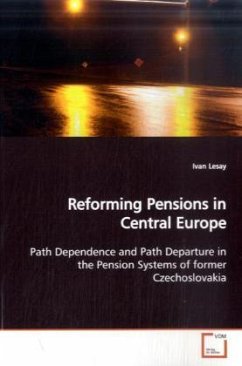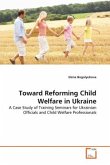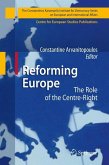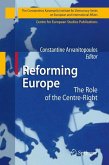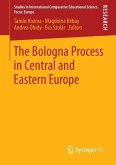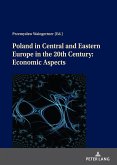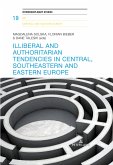Welfare states in general and pension systems specifically have been recently facing many economic, ideological, political and other challenges all around the world. However, welfare state retrenchment and pension reforms are most likely not to look the same in the post-Communist Europe as in other parts of the world. Almost a half century in the Soviet bloc prepared different political, economic, and institutional legacies for potential welfare state restructuring in Central-East Europe after the fall of Communism. How different is the situation here and can the theories elaborated in the context of Western welfare states provide a helpful tool for analysing welfare state reforms in the East? A partial answer to the question is provided by the case-study in this book. It explains why the Slovak pension system has been fundamentally reformed, whereas the Czech one has not it defines the conditions that enabled Slovakia's institutional departure from the Czechoslovak pension system. The analysis is useful for all the students of welfare state restructuring, and especially for those who study this phenomenon in the context of post-Communist Europe.
Bitte wählen Sie Ihr Anliegen aus.
Rechnungen
Retourenschein anfordern
Bestellstatus
Storno

